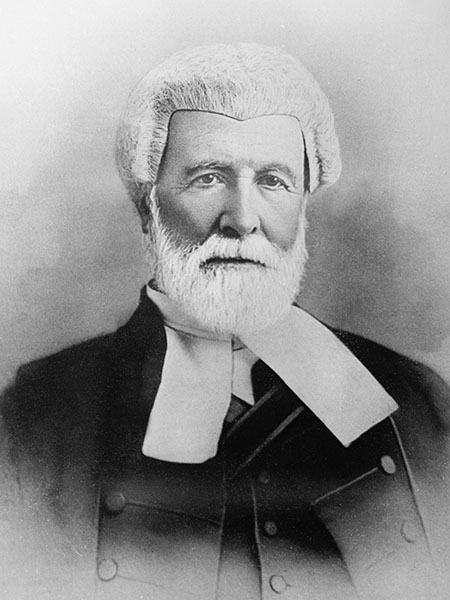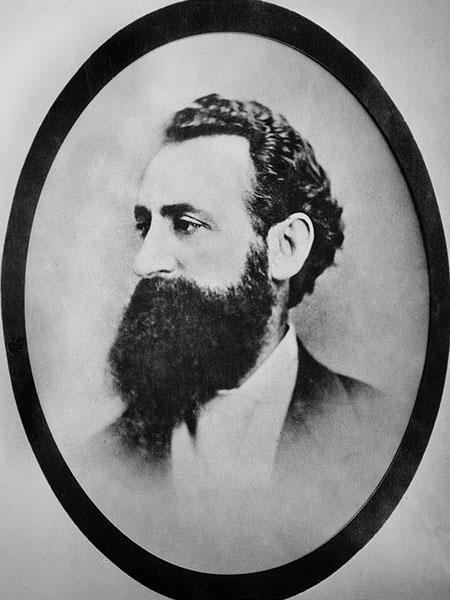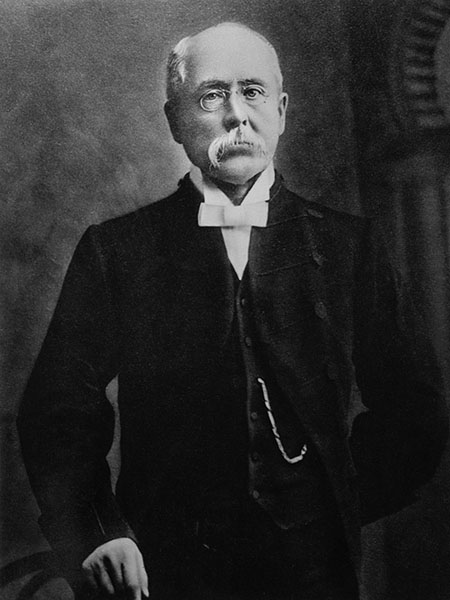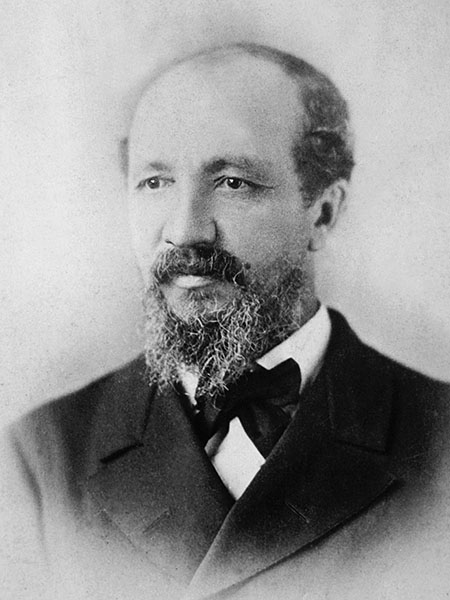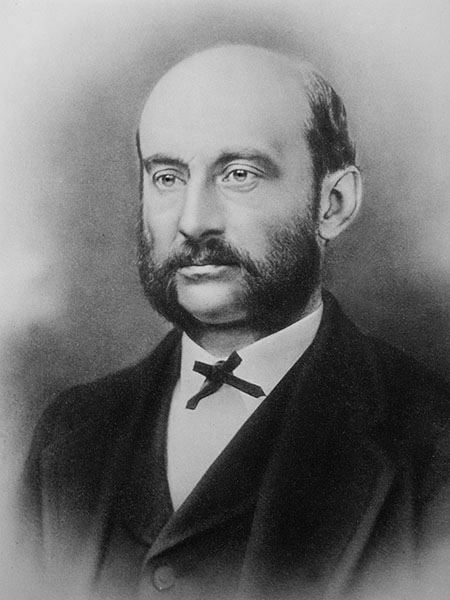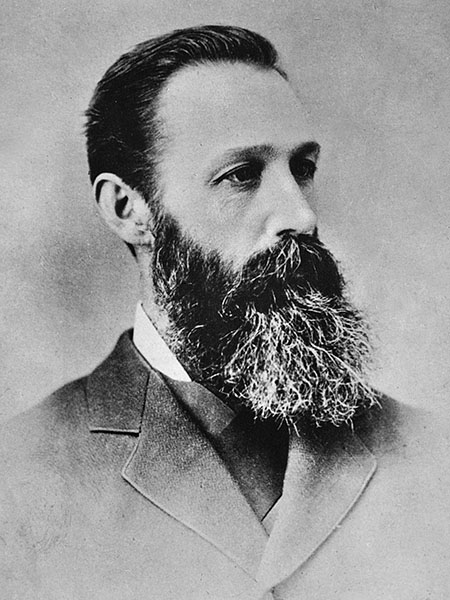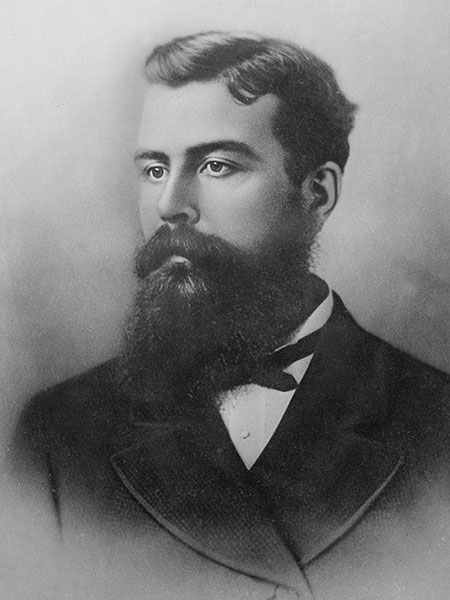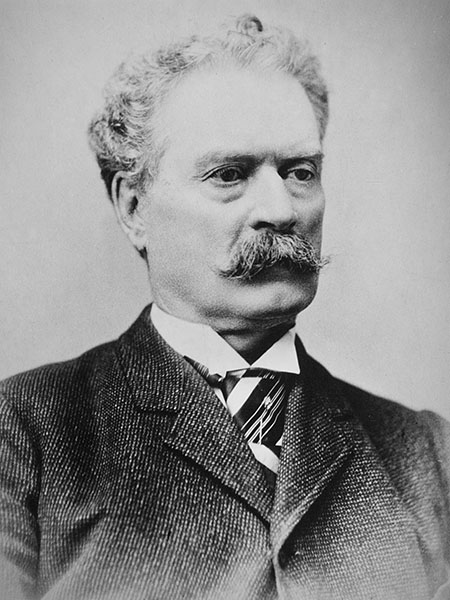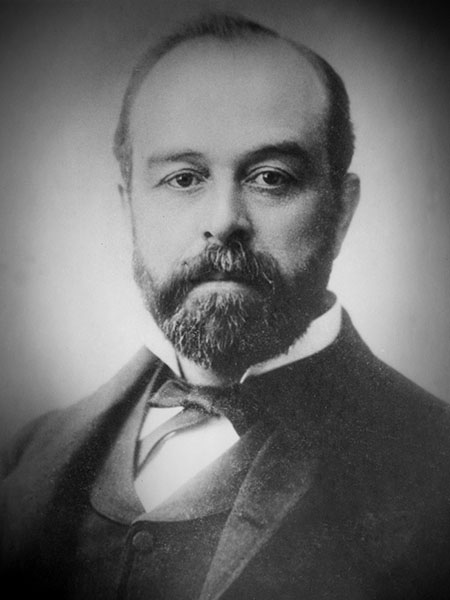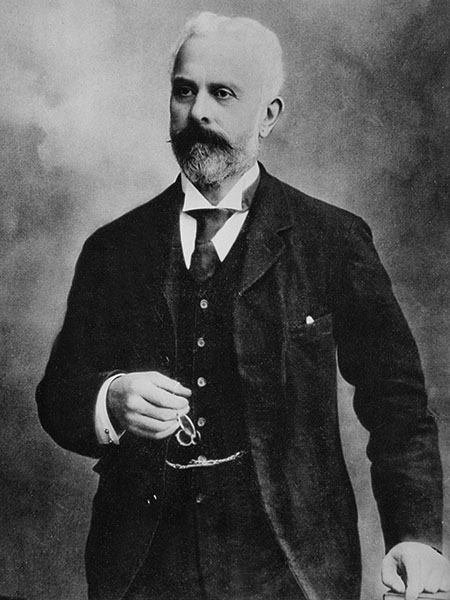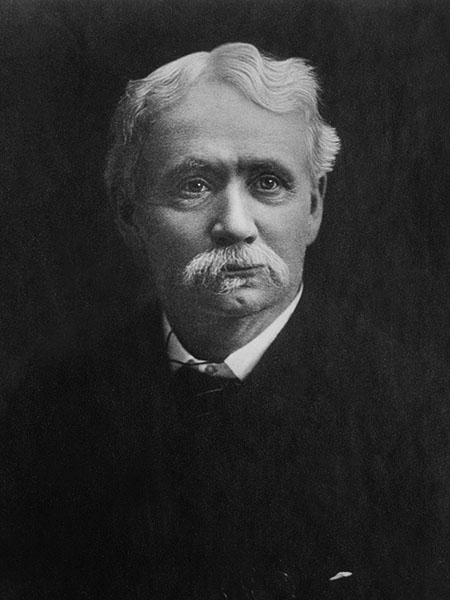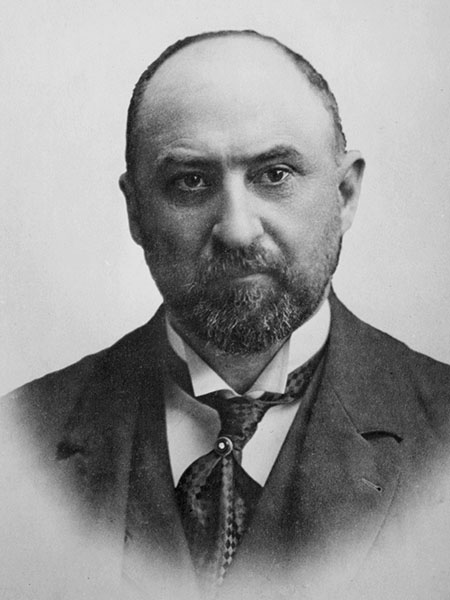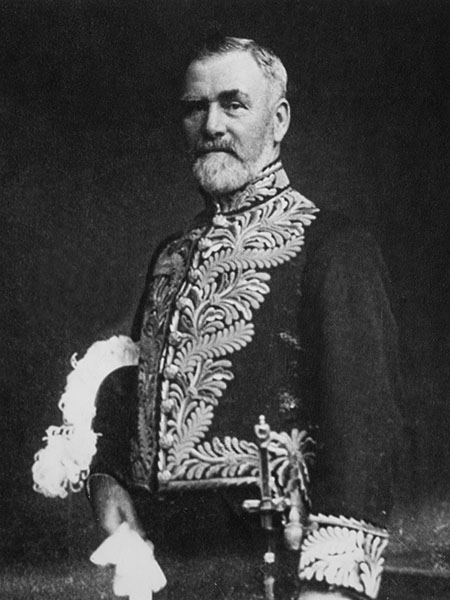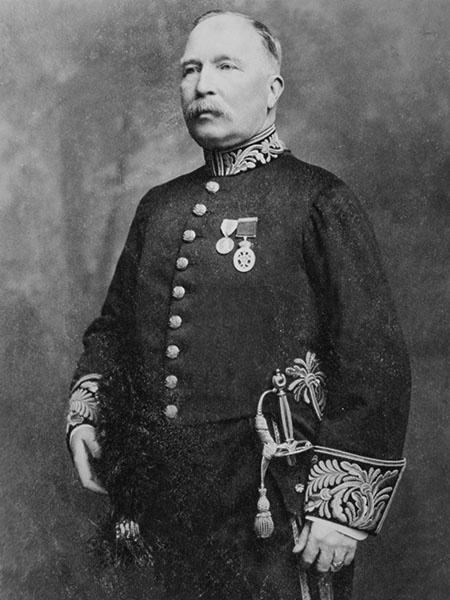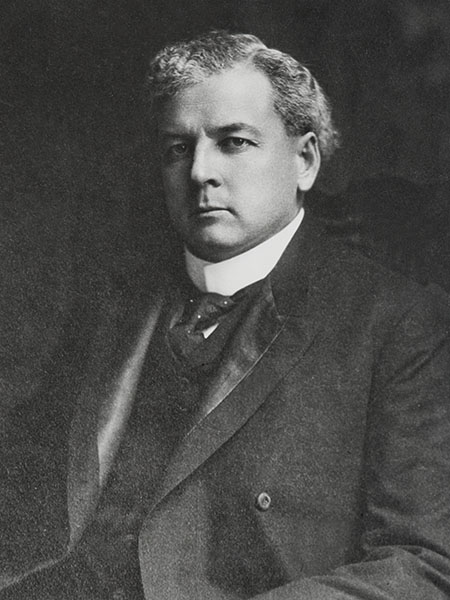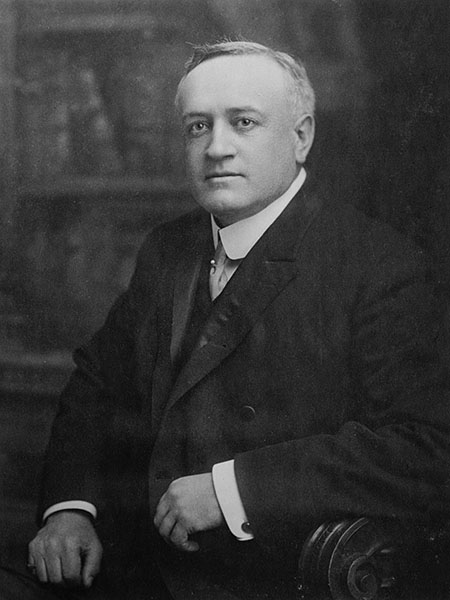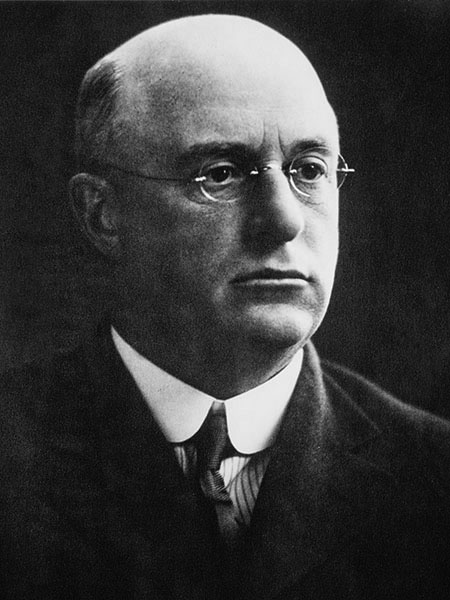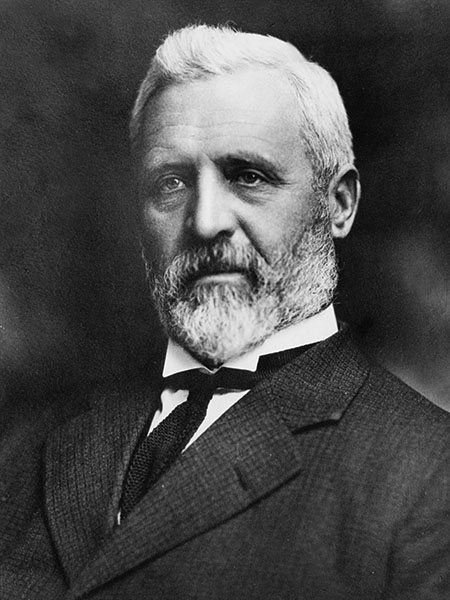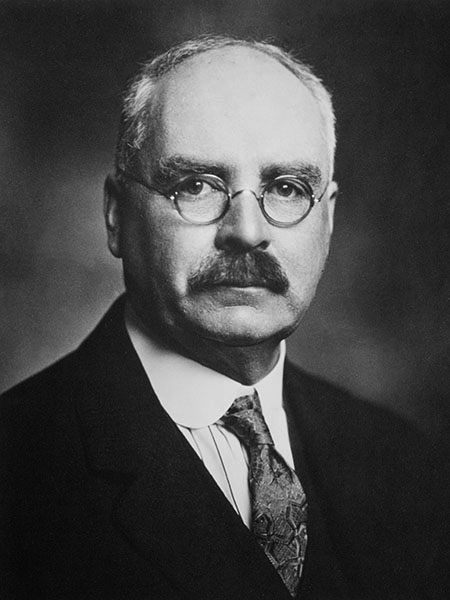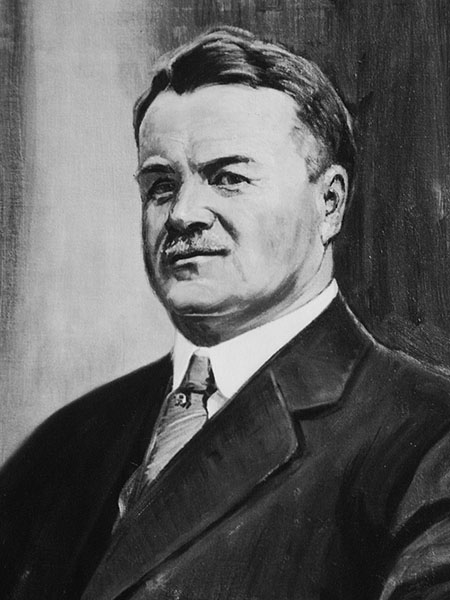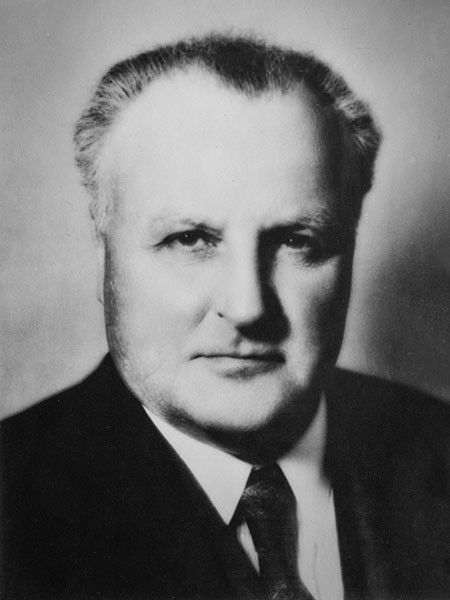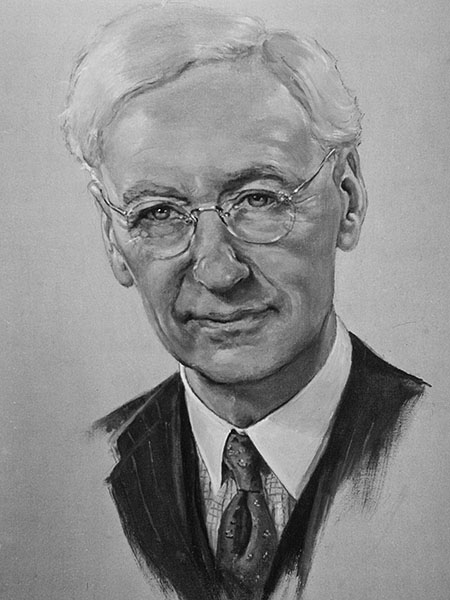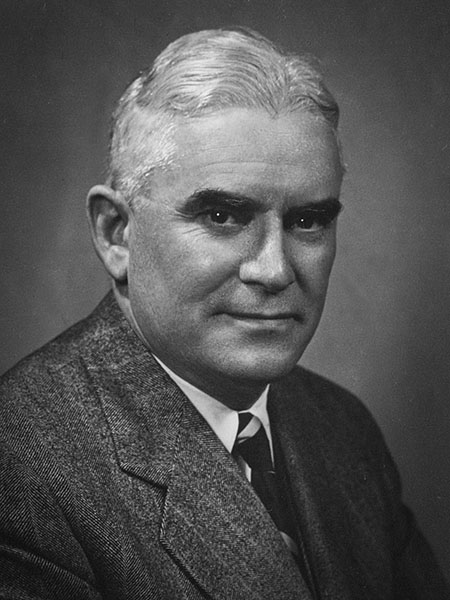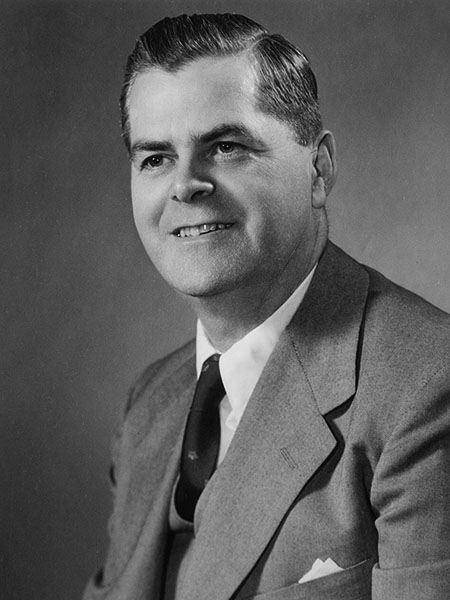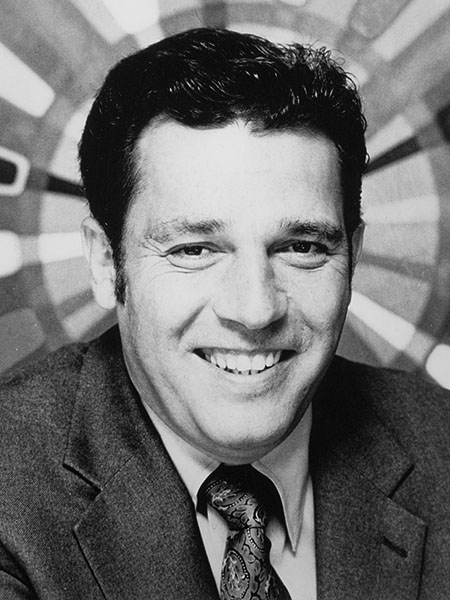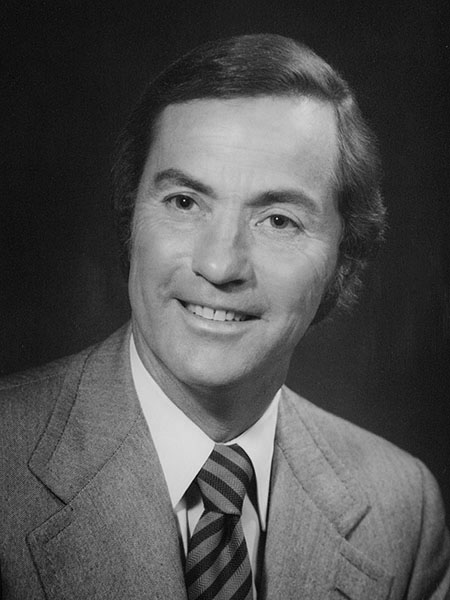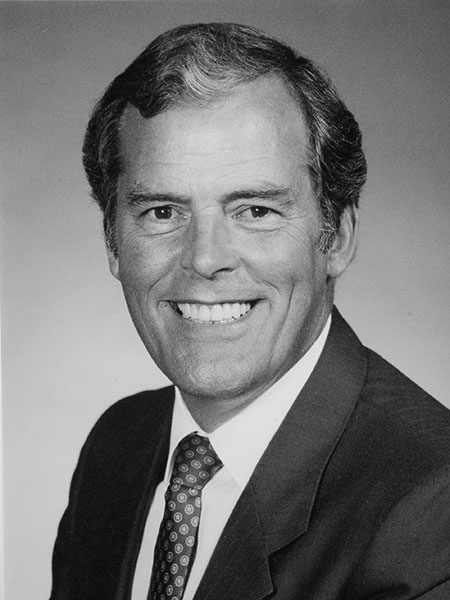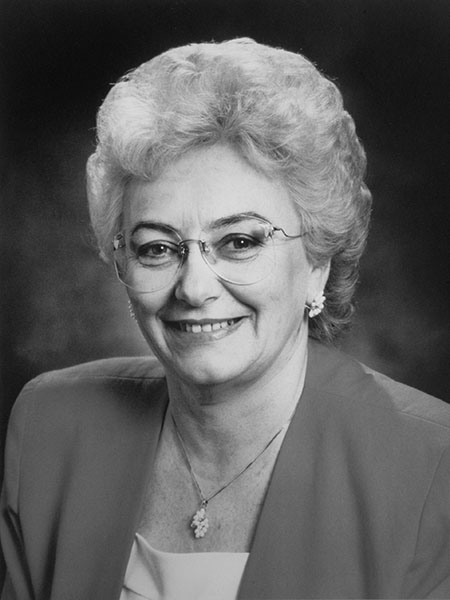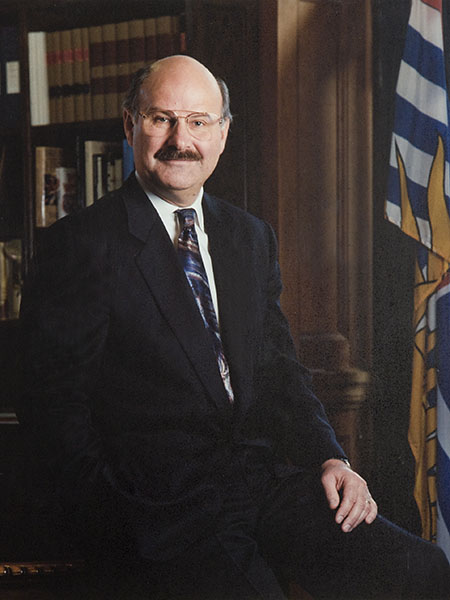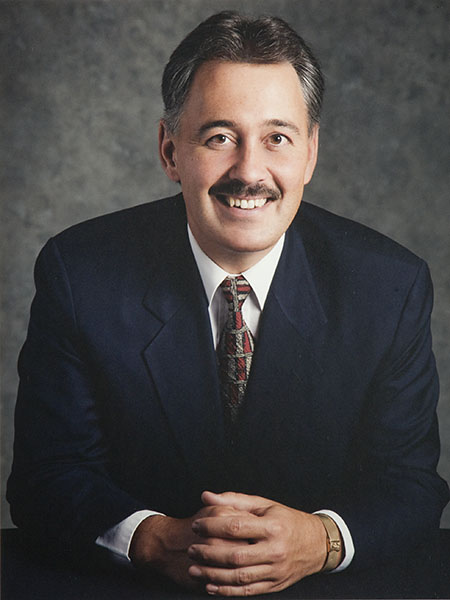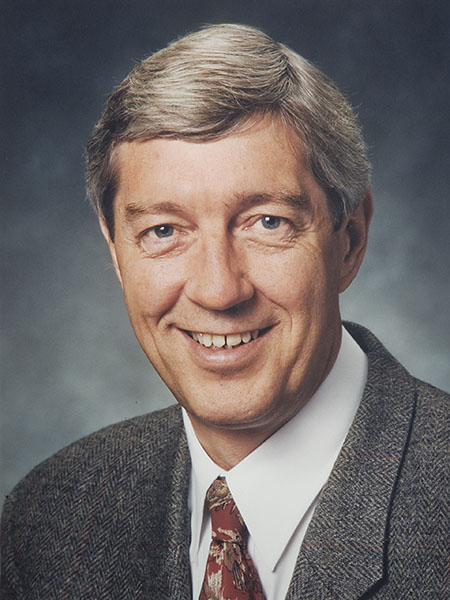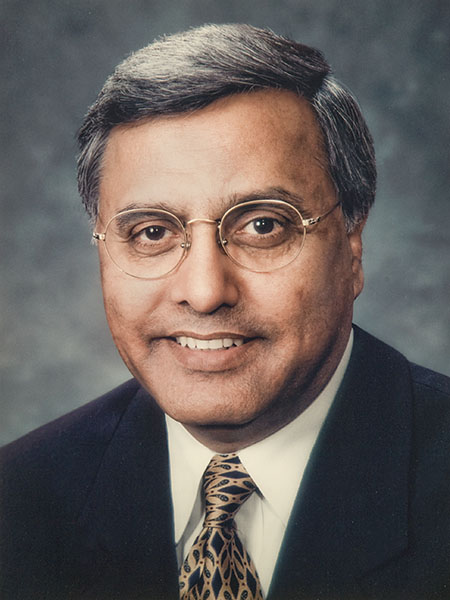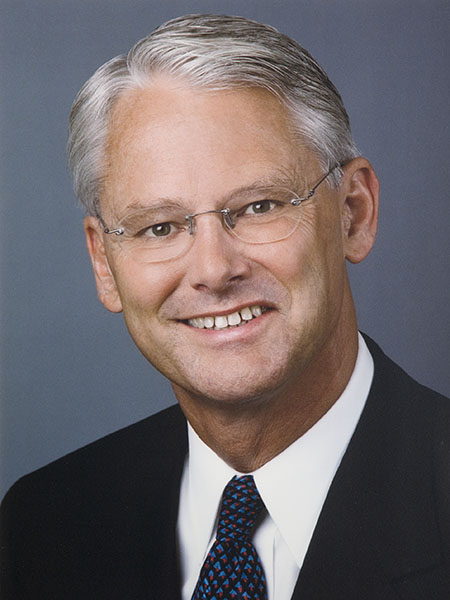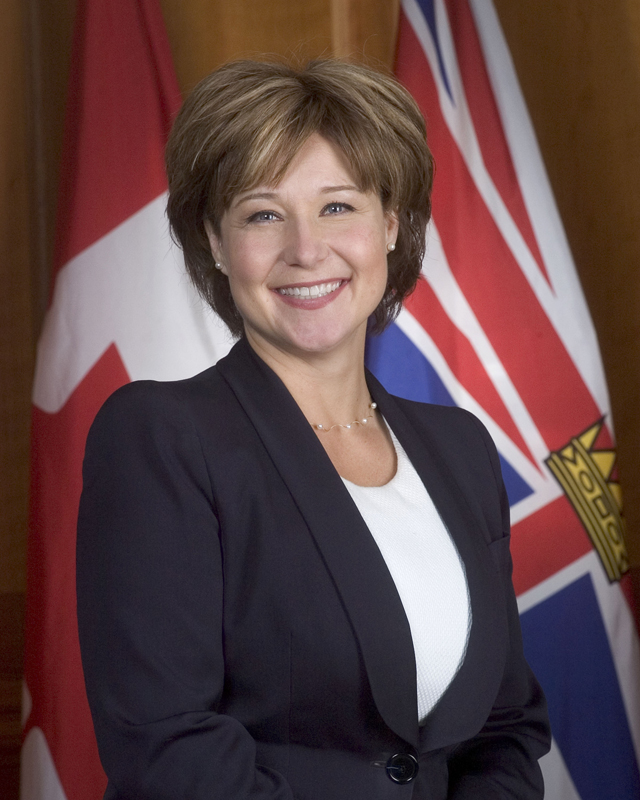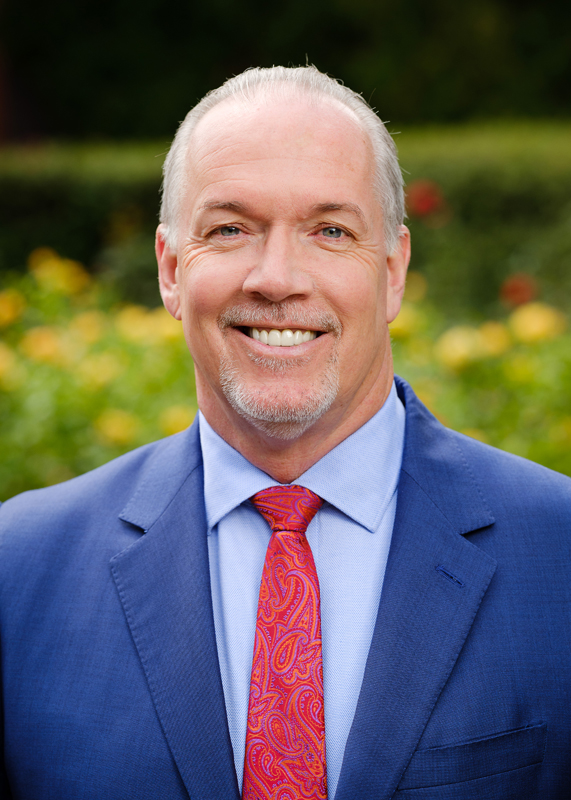The Premier is the leader of the governing party that becomes the head of government. In B.C., this usually means that the Premier has won an election in one of the province's 93 constituencies and is a Member of the Legislative Assembly.
As an MLA, the Premier appears regularly in the Legislative Chamber to answer questions or take part in a debate. The Premier recommends to the Lieutenant Governor that certain MLAs be appointed as Cabinet ministers. This group, composed of the Premier and Cabinet, is described as the province's executive.
Although the Premier is the day to day head of the provincial government, authority to govern is received from the Crown (upon an invitation from the Lieutenant Governor to form a government). Interestingly, the position of Premier is not described in detail in the provincial Constitution Act, 1996. In practical terms, the Premier's power and authority largely depend on their relationships with other Members of the Legislative Assembly, their political party, and the general public.
The responsibilities of the Premier include:
- Serving as the President of the Executive Council. The Executive Council is the formal name of Cabinet when it is acting in its legal capacity
- Serving as the head of the provincial government
- Leading the development and implementation of government policies and priorities
- Serving as the senior communicator of government priorities and plans between:
- The Lieutenant Governor and Cabinet
- The Government of British Columbia and other provincial and territorial governments
- The Government of British Columbia and the Government of Canada and international governments
- Providing advice to the Lieutenant Governor, such as recommending the appointment of Cabinet ministers and allocating ministerial portfolios
- Serving as leader of a major political party and its caucus of MLAs, as well as representing their constituency in the Legislative Assembly
